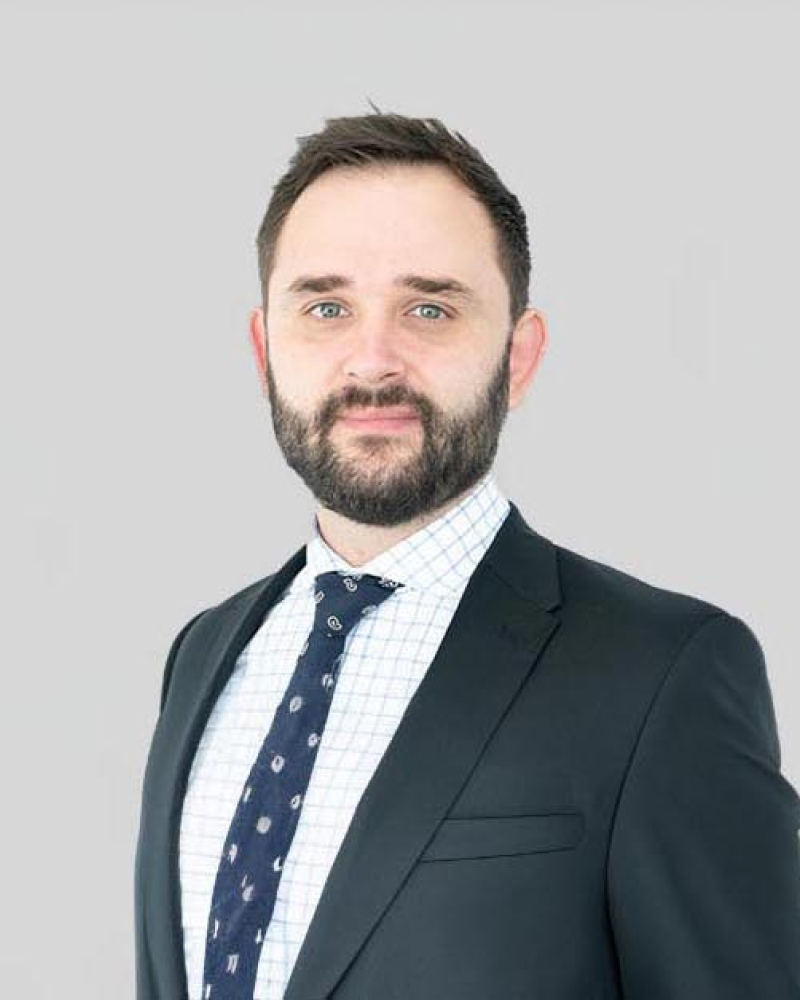Young woman recovers more than $100,000 for botched breast augmentation surgery
It only took Longton Legal@Longton Compensation 10 months from the time of commencement of proceedings in the District Court of New South Wales to recover compensation for a young NSW woman following a botched breast augmentation surgery.
Breast augmentation surgery or, as usually referred to by its colloquial term, a “boob job” is a surgical procedure where the breast size is enhanced. It is usually performed by way of placement of an implant to increase the size of the breast. Breast augmentation is one of the most performed plastic surgery/cosmetic surgery procedures in Australia.
Medical Board of Australia Guidelines
The current Medical Board of Australia Guidelines for registered medical practitioners who perform cosmetic surgery and procedures are clear. They require, for amongst other things:
- Patients seeking cosmetic surgery to have a referral, preferably from their usual general practitioner or if that is not possible, from another general practitioner or other specialist medical practitioner.
- Medical practitioner who will perform the surgery to discuss and assess the patient’s reasons and motivation for requesting the surgery including external reasons (for example, a perceived need to please others) and internal reasons (for example, strong feelings about appearance).
- Discussion of patient’s expectations of the surgery to ensure they are realistic.
- Asking the patient if another practitioner has declined to provide them cosmetic surgery.
- The medical practitioner who will perform the surgery to assess the patient for underlying psychological conditions such as body dysmorphic disorder, which may make them an unsuitable candidate for the surgery. The practitioner doing the assessment must use a validated psychological screening tool to screen for BDD. The process and the outcome of the assessment and screening must be documented in the patient’s record, for all patients seeking cosmetic surgery. If screening indicates that the patient has significant underlying psychological issues which may make them an unsuitable candidate for the cosmetic surgery, refer the patient for evaluation to a psychologist, psychiatrist or general practitioner, who works independently of the medical practitioner who will perform the surgery.
- The medical practitioner who will perform the surgery to discuss other options with the patient, including surgery, procedures or treatment offered by other health practitioners and the option of not having the surgery.
- A medical practitioner to decline to perform the surgery if they believe that it is not in the best interests of the patient.
- Patient seeking cosmetic surgery to have at least 2 pre-operative consultations.
- The patient’s first consultation to be with the medical practitioner who will perform the surgery or another registered health practitioner who works with the medical practitioner who will perform the surgery (not a patient advisor or an agent).
- At least one of the two consultations to be in person with the medical practitioner who will perform the surgery.
Young woman recovers more than $100,000 for botched breast augmentation surgery
It only took Longton Legal@Longton Compensation 10 months from the time of commencement of proceedings in the District Court of New South Wales to recover compensation for a young NSW woman following a botched breast augmentation surgery.
Breast augmentation surgery or, as usually referred to by its colloquial term, a “boob job” is a surgical procedure where the breast size is enhanced. It is usually performed by way of placement of an implant to increase the size of the breast. Breast augmentation is one of the most performed plastic surgery/cosmetic surgery procedures in Australia.
Medical Board of Australia Guidelines
The current Medical Board of Australia Guidelines for registered medical practitioners who perform cosmetic surgery and procedures are clear. They require, for amongst other things:
- Patients seeking cosmetic surgery to have a referral, preferably from their usual general practitioner or if that is not possible, from another general practitioner or other specialist medical practitioner.
- Medical practitioner who will perform the surgery to discuss and assess the patient’s reasons and motivation for requesting the surgery including external reasons (for example, a perceived need to please others) and internal reasons (for example, strong feelings about appearance).
- The medical practitioner who will perform the surgery to assess the patient for underlying psychological conditions such as body dysmorphic disorder, which may make them an unsuitable candidate for the surgery. The practitioner doing the assessment must use a validated psychological screening tool to screen for BDD. The process and the outcome of the assessment and screening must be documented in the patient’s record, for all patients seeking cosmetic surgery. If screening indicates that the patient has significant underlying psychological issues which may make them an unsuitable candidate for the cosmetic surgery, refer the patient for evaluation to a psychologist, psychiatrist or general practitioner, who works independently of the medical practitioner who will perform the surgery.
- The medical practitioner who will perform the surgery to discuss other options with the patient, including surgery, procedures or treatment offered by other health practitioners and the option of not having the surgery.
- A medical practitioner to decline to perform the surgery if they believe that it is not in the best interests of the patient.
- Patient seeking cosmetic surgery to have at least 2 pre-operative consultations.
- The patient’s first consultation to be with the medical practitioner who will perform the surgery or another registered health practitioner who works with the medical practitioner who will perform the surgery (not a patient advisor or an agent).
- At least one of the two consultations to be in person with the medical practitioner who will perform the surgery.
How Vayeni Shtikurov and Clare Decena helped Emily?
After Emily sought our assistance with respect to her breast augmentation surgery, we requested her treating clinical notes from her cosmetic surgeon. Upon our review of these notes, it became apparent that Emily’s cosmetic surgeon, amongst other things:
- Failed to follow the above guidelines.
- Did not refer Emily for evaluation to a psychologist, psychiatrist or general practitioner despite Emily’s significant underlying psychological issues.
- Did not correctly plan Emily’s breast augmentation surgery by taking correct pre-operative measurements of Emily’s breasts.
- Recommended an implant that was grossly disproportionate in size for the overall size of Emily’s body.
The above shortfalls in Emily’s treatment resulted in a poor surgical outcome for Emily’s breast augmentation surgery and likely need for further revision surgery for Emily.
We obtained supportive expert liability evidence from a qualified plastic surgeon on behalf of Emily’s treating surgeon’s breach of duty and a qualified psychiatrist to support Emily’s significant mental issues. In addition to the aforementioned evidence, we subsequently commenced proceedings in the District Court of New South Wales. Emily was able to recover a considerable compensation sum within 10 months with the assistance of our breast augmentation injury lawyers, who will advise Emily further on any aspect of her future revision surgery. We were able to resolve Emily’s matter to her satisfaction in just 10 months from the time of commencement of court proceedings.
How can we help you just how we helped Emily
If you have experienced any breast augmentation negligence claim on a no win, no fee basis. You will not pay any upfront costs. We will only send you a bill at the successful conclusion of your matter when you recover compensation with us. With our expert knowledge, experience and proven track record of results, we will ensure that our specialist team will guide you every step of the way so that you can recover what you deserve just like Emily did.
*The facts and names have been slightly altered to preserve privacy and confidentiality
Disclaimer: This is intended as general information only and not to be construed as legal advice. The above information is subject to change. You should seek independent legal advice before embarking upon any course of action.




